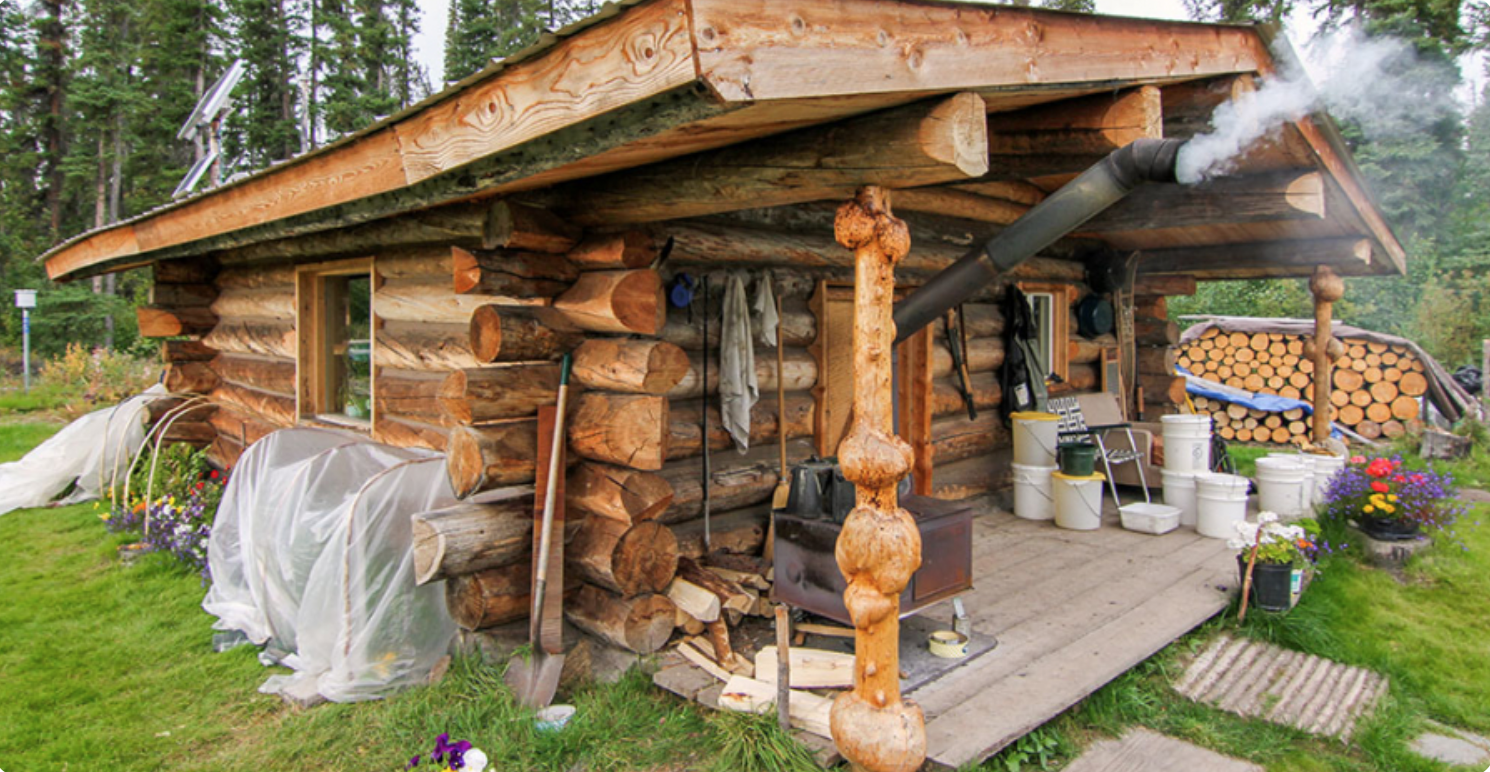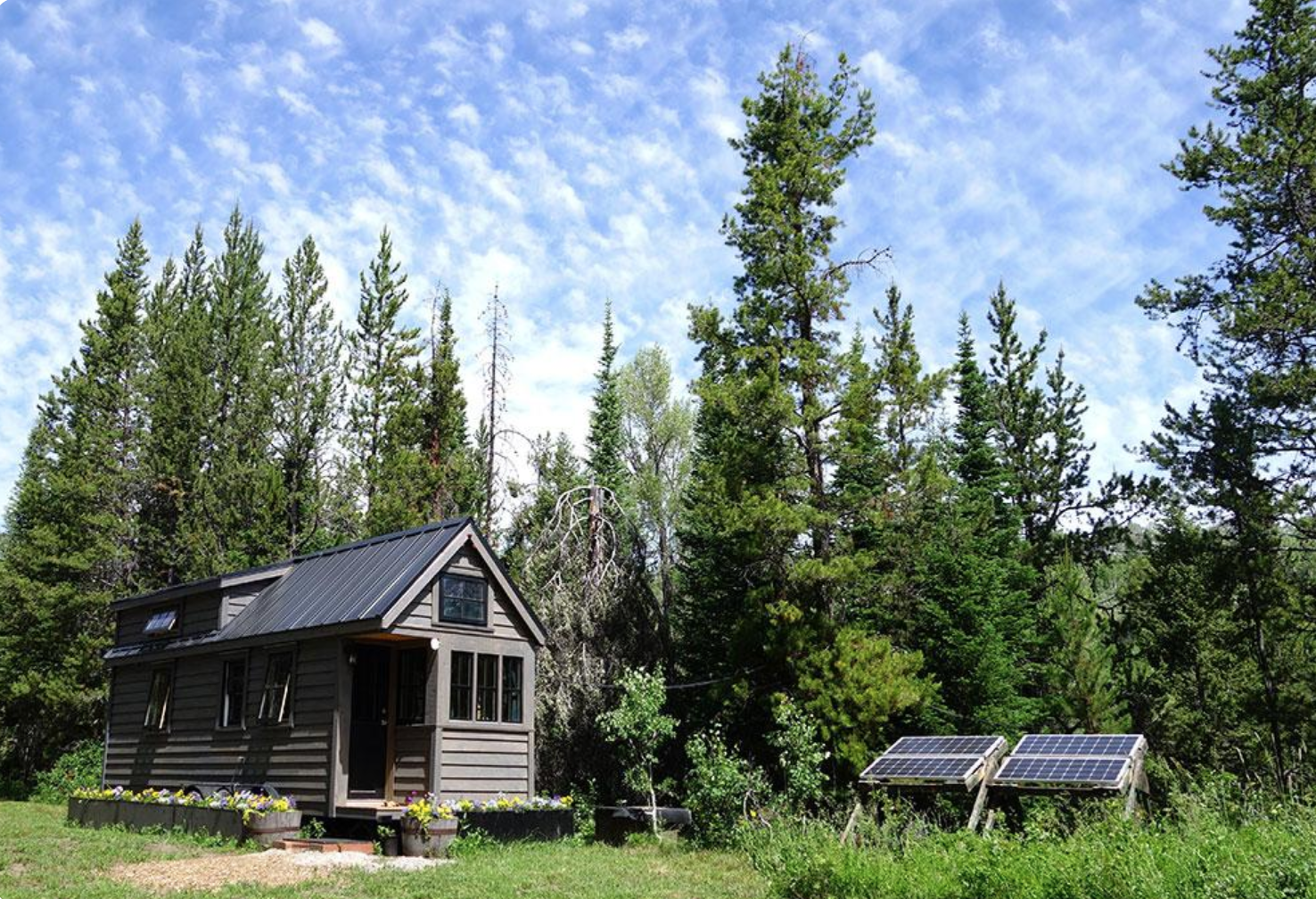The idea of going off-grid is an appealing idea to many; it means living every day in the fresh air and living a more eco-friendly and sustainable way of life. By turning to off-grid natural living, you put less of a strain on the environment, learn how to become self-reliant, and experience the joys of living in nature. Living off grid is not for the weak or the ill-prepared. Off-grid living takes research and skill-honing to get to a place where you can survive and thrive without the need for municipal utilities, grocery stores, and resources you take for granted each day.

Off-grid living means living with just the resources to include food, water, and power, primarily that can be harvested and come from the land. In other words, those who live off grid will most likely be hunting or foraging for their food and harvesting their power from natural sources such as the sun or wind. Whether you call it off-grid living, homesteading, or permanent camping, living off grid is a rewarding way for you and your family to be fully self-sufficient.
These days you hear more and more about energy efficiency, and it continues to be a trend in the future. And that is good news because energy efficiency helps the environment in that it conserves precious resources and reduces pollution, while also saving you money. And with the growing concern over climate change and energy, there are sure to be more and more options to incorporate into your wood cabin or off-grid home. When it comes to the planning of your off-grid wood cabin, you will want to do your research and find out all of the available options and choices that you have to make your off-grid cabin building as energy efficient as possible. The following are just some of the ways to get the most out of your log house or cabin building design.
Water systems. Hot water accounts for about 13 percent of most home’s annual utility bill. Usually, hot water is provided by an insulated water tank that is fitted with a gas burner or electric heating elements. If going the traditional route, you want to choose the highest efficiency units that are available. Other options are also available. If you live in an off-grid area with even a reasonable amount of sunshine, you might consider a solar hot water collector. This roof or yard mounted water system circulates the water or fluid through a panel where it’s warmed by the sun. The warmed fluid then passes into an insulated storage tank where it can then be drawn for use in radiant flooring or to heat for drinking water.
Site selection. When planning your off-grid cabin, building the site where you build is one of the biggest decisions you will make. The site is not only the place you will build your off-grid cabin building but also the location where you will be spending a lot of time. You want to think about all the things that matter to you. You want to consider passive heating and cooling for your off-grid home, as you want your off-grid home to be as energy efficient as possible.


